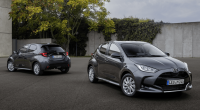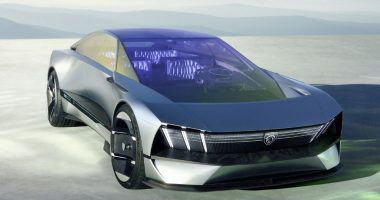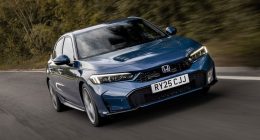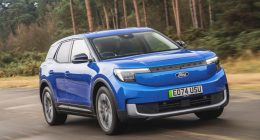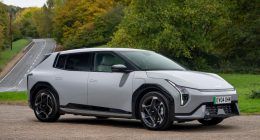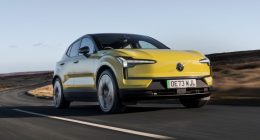Two of the top three best-selling cars in Northern Ireland for the month of November were Sport Utility Vehicles, new figures from the Society of Motor Manufacturers and Traders (SMMT) show.
The Hyundai Tucson was the big winner last month with 119 new examples being sold followed by the Ford Focus hatchback on 95 and Volkswagen’s medium-size crossover – the T-Roc – on 75.
Another strong month for the Korean SUV cemented its place at the head of the Top 10 New Car Registrations; over the last 11 months, local dealerships have put 913 examples on the province’s roads. Despite individual successes such as this, the market here is still in decline.
Compared to the same period last year, Northern Ireland’s new car sales slumped by 14.21% – a theme that was repeated in Scotland (-15.34%) and Wales (13.71%). England enjoyed modest growth to the tune of some 5%, however.
Overall, in November, the UK market performed better than expected and, in the process, managed to finally end four successive months of decline. 115,706 passenger vehicles were driven off forecourts – an increase of 1.7% on lockdown-hit November 2020.
That number is still 31.3% below the pre-pandemic 5-year average though, with the supply of fresh metal hindered by the long-running shortage of semiconductors.
With the availability of these chips – which operate everything from vehicles’ media systems to safety aids – likely to continue, consumers are being warned of restricted availability and long lead-in times.
“What looks like a positive performance belies the underlying weakness of the market,” said SMMT Chief Executive, Mike Hawes.
“Demand is there with a slew of new, increasingly electrified, models launched, but the global shortage of semiconductors continues to bedevil production and therefore new car registrations.
“The industry is working flat out to overcome these issues and fulfil orders, but disruption is likely to last into next year, compounding the need for customers to place orders early.”
Battery-powered vehicle demand continued to grow in November and equated to 18.8% of the market (21,726 units) – more than double compared with November 2020 – while plug-in hybrid vehicles’ share grew by 10,796 units to 9.3%.
When combined with hybrid electric vehicles’ 9% share, it means that more than a quarter (26.5%) of the UK’s new car market has been electrified during 2021.
“The continued acceleration of electrified vehicle registrations is good for the industry, the consumer and the environment but, with the pace of public charging infrastructure struggling to keep up, we need swift action and binding public charger targets so that everyone can be part of the electric vehicle revolution, irrespective of where they live,” said Hawes.

